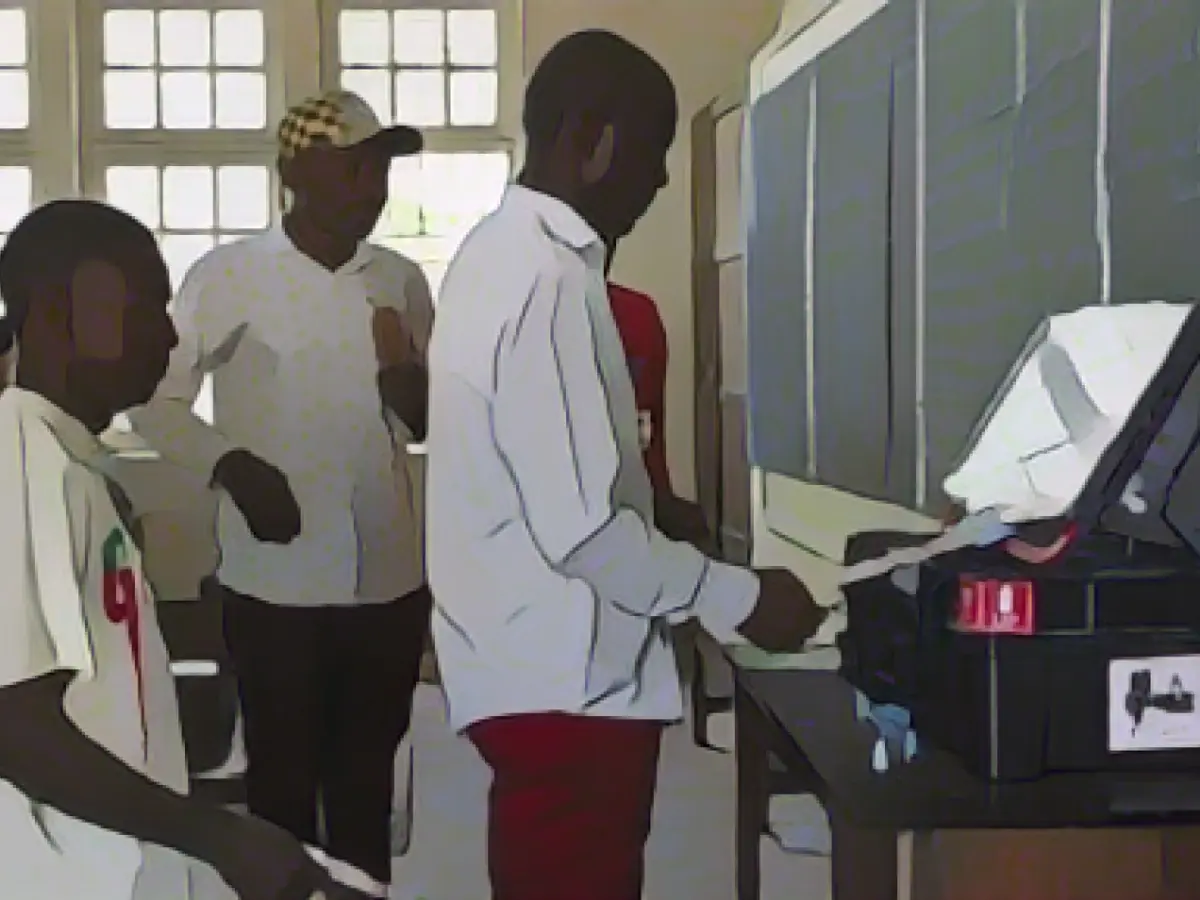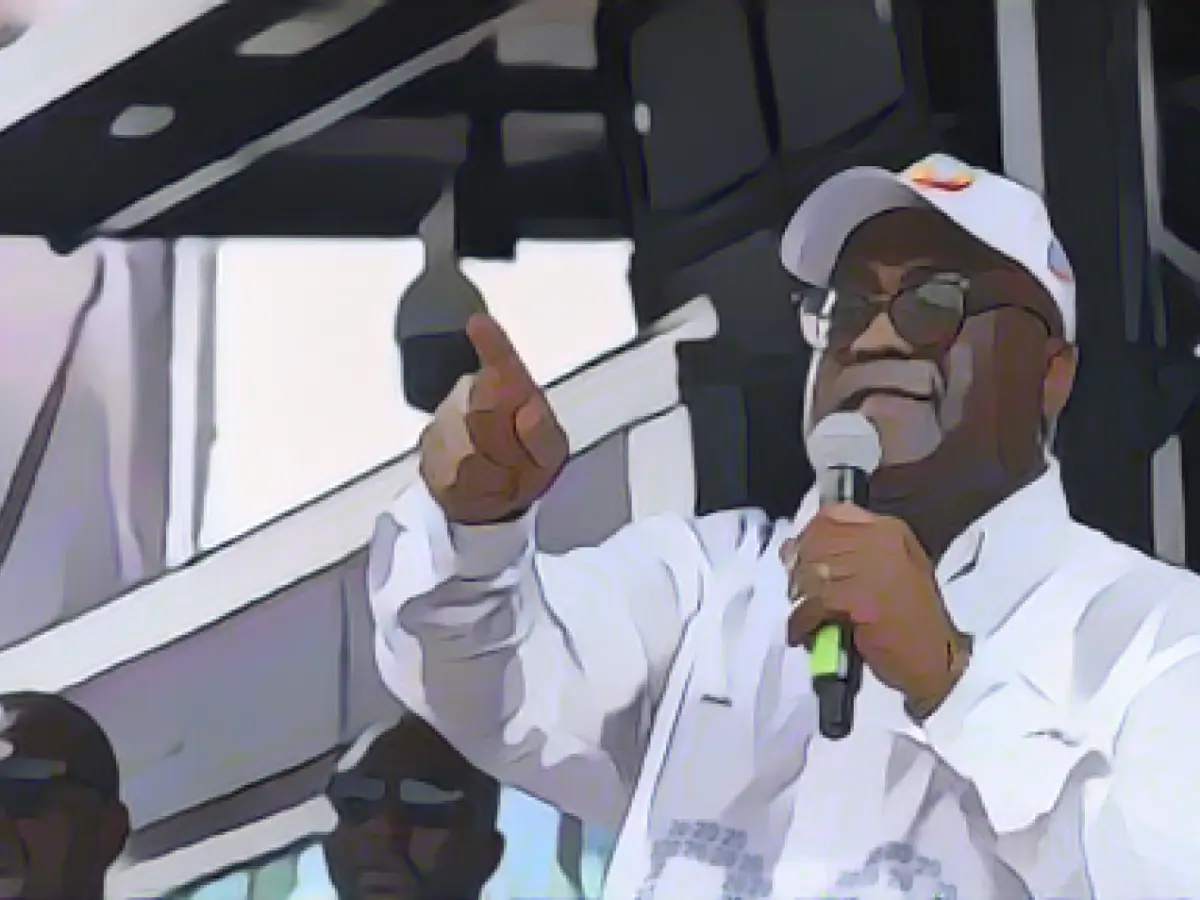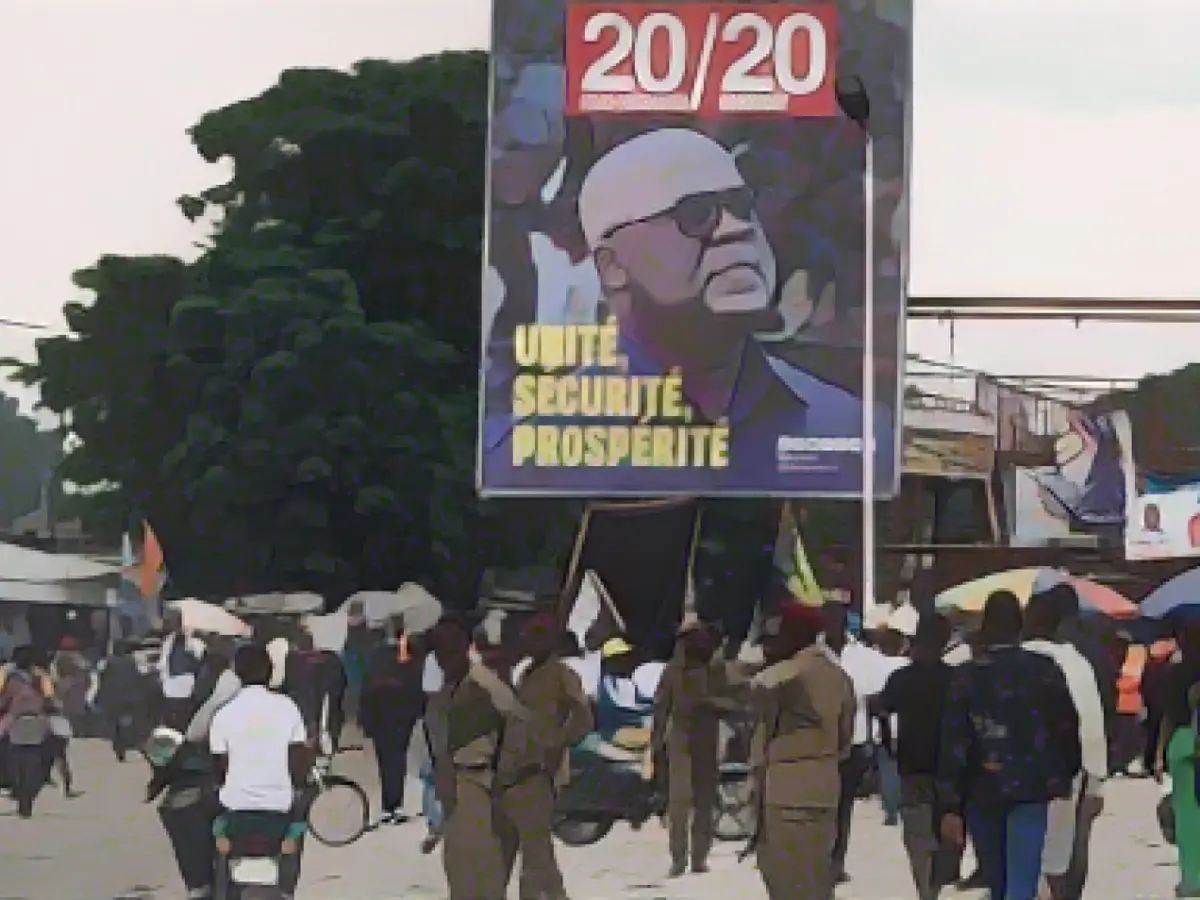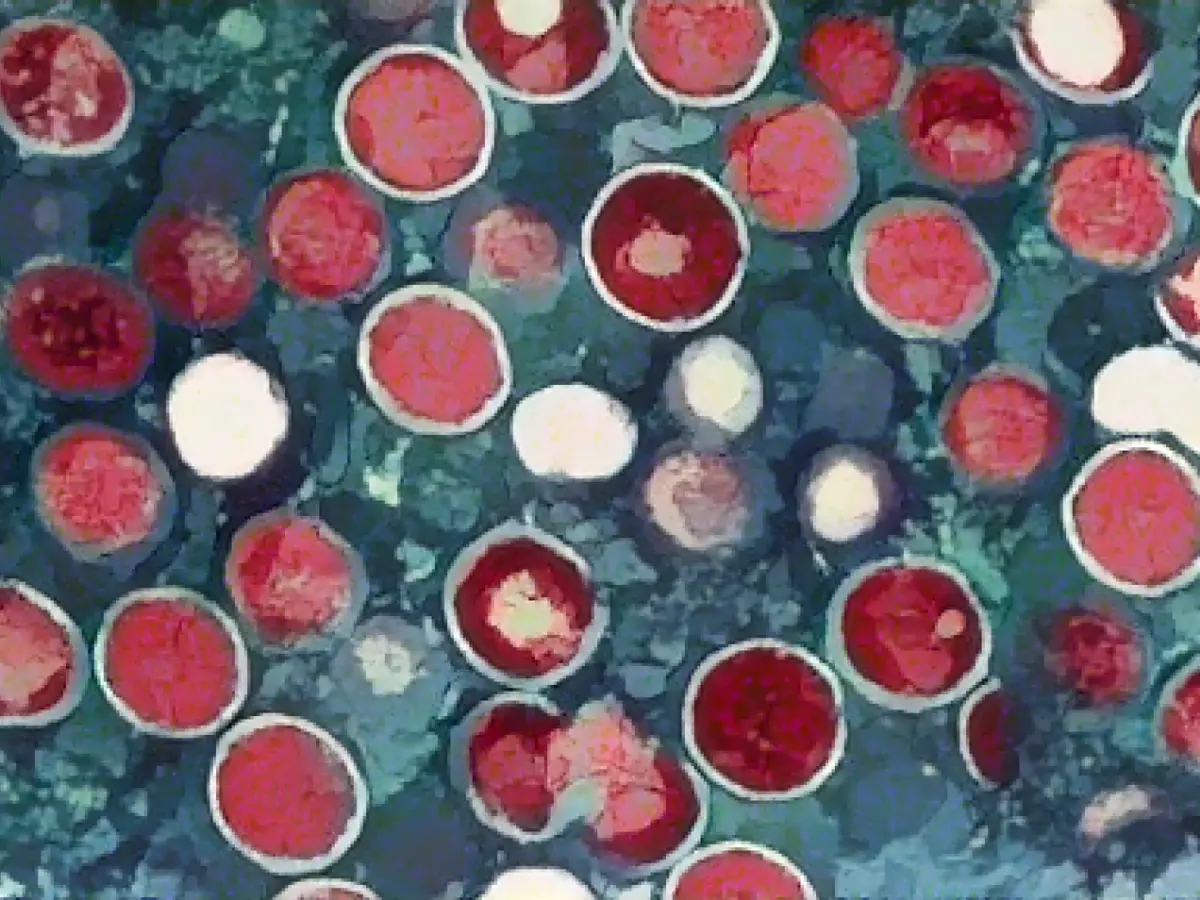Upcoming Elections in Democratic Republic of Congo: Worry Over Violence and Unrest
Bintou Keita, the head of the UN peacekeeping force Monusco in Congo, has voiced concerns over an increase in violence, vandalism, and destruction of campaign materials alongside hate speech leading up to the country's elections. Partnering with numerous local and international entities, she warns of potential chaos and instability during the polls.
The Democratic Republic of Congo (DRC) is known as one of the poorest nations globally, despite possessing an abundance of natural resources. Over two-thirds of the populace live below the poverty line, and conflict-ridden armed rebel groups, predominantly in the eastern part of the country, have languished for decades.
The election results are anticipated to be unveiled in the coming days, and the world anxiously awaits a more democratic and stable Democratic Republic of Congo to emerge from its ongoing strife.
Additional Insights
- The M23 rebel group, supported by Rwanda, has launched an offensive in the eastern DRC, resulting in the capture of towns including Sake and advancement towards Goma. Consequently, hundreds of thousands of civilians have been displaced due to the intensifying conflict and humanitarian crisis.
- Reports detail horrific human rights abuses, such as mass killings, forced displacement, and targeted attacks on women. Camps and humanitarian infrastructure have suffered severe damages thanks to this relentless onslaught.
- The growing tensions between Rwanda and the DRC have led to the severing of diplomatic ties. Allegations point to Rwandan troops crossing into the DRC to back the M23 rebellion, causing further escalations.
International Response
- The European Parliament has implored the establishment of targeted sanctions and the freezing of EU development assistance, pressing Rwanda to halt support for M23 and demanding ceasefire compliance.
- At the UN Human Rights Council, France, the UK, Spain, Belgium, and Costa Rica have castigated the M23 offensive and Rwanda's involvement. They have called for an immediate ceasefire, withdrawals from occupied territories, the creation of an independent fact-finding mission, and accountability for human rights infractions.
- The G7 Foreign Ministers have denounced Rwanda-backed M23 aggression and encouraged an immediate ceasefire. They have endorsed MONUSCO and demanded unfettered access to humanitarian aides.
- Human Rights Watch (HRW) has stressed the provision of robust, independent documentation of human rights abuses and urged international and regional bodies to intervene decisively to eradicate impunity.
The worldwide community exhorts all parties to halt hostilities, surrender occupied territories, and obey humanitarian laws. The UN and other influential nations heavily advocate for a peaceful resolution to the conflict through negotiations and the pursuit of justice for the victims of gross human rights issues.







